
Dr. Chachoua discusses key guidelines for lung cancer screening, the psychological and financial implications of screening, and the opportunities of a screening initiative instated by NYU Langone Health.

Your AI-Trained Oncology Knowledge Connection!


Dr. Chachoua discusses key guidelines for lung cancer screening, the psychological and financial implications of screening, and the opportunities of a screening initiative instated by NYU Langone Health.

Acalabrutinib monotherapy continued to be highly active and safe in patients with relapsed/refractory mantle cell lymphoma with longer-term follow-up.
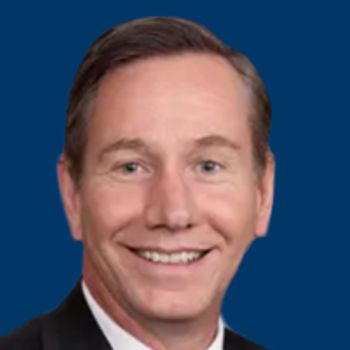
Stephen M. Ansell, MD, PhD, discusses recent progress made with non–CAR T-based approaches in the non-Hodgkin lymphoma treatment paradigm, opportunities for sequencing available options, and ongoing efforts that are picking up momentum.

Duvelisib monotherapy demonstrated encouraging efficacy for patients with relapsed/refractory peripheral T-cell lymphoma.

The majority of patients with newly diagnosed chronic lymphocytic leukemia have better outcomes with BTK inhibitors compared with standard chemoimmunotherapy, making them the logical choice for frontline therapy.

Drs. Brown and Kurzrock discuss the current and future applications of next-generation sequencing in breast cancer, the role of tissue-based testing in light of the growing role for liquid-based testing, and some of the emerging technologies that could overcome current barriers to biomarker testing.
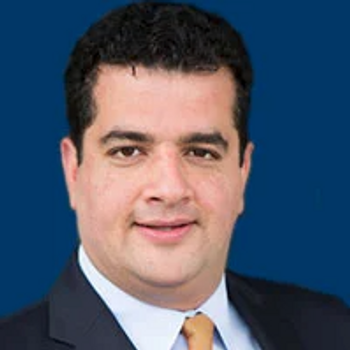
Zanubrutinib demonstrated clinical activity and tolerability in previously treated patients with B-cell malignancies who were intolerant to therapy with ibrutinib and/or acalabrutinib, according to results of the phase 2 BGB-3111-215 trial.
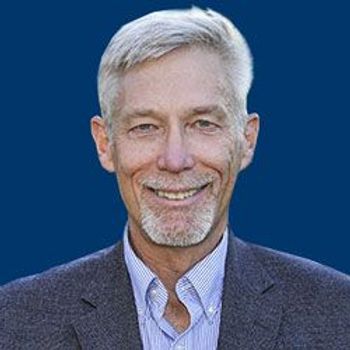
As more CAR T-cell therapies are approved for the treatment of patients with hematologic malignancies, adopting management strategies for cytokine release syndrome and immune effector cell–associated neurotoxicity syndrome using newly standardized grading criteria is an important component of utilizing these products in practice.

Acalabrutinib, alone or in combination with obinutuzumab, demonstrated superior efficacy and an acceptable safety profile in patients with treatment-naïve chronic lymphocytic leukemia.

The combination of loncastuximab tesirine-lpyl and ibrutinib displayed encouraging antitumor activity with a manageable safety profile in patients with relapsed/refractory diffuse large B-cell lymphoma and mantle cell lymphoma.
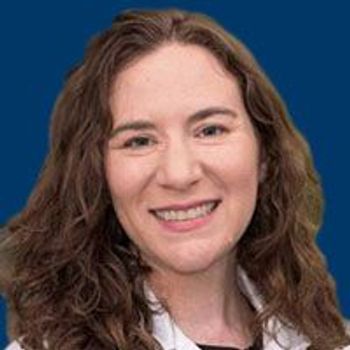
Alison J. Moskowitz, MD, discusses recent developments made in the Hodgkin lymphoma paradigm, shared advice for optimal stratification, and spotlighted potential emerging prognostic markers that might further help to guide treatment decisions.
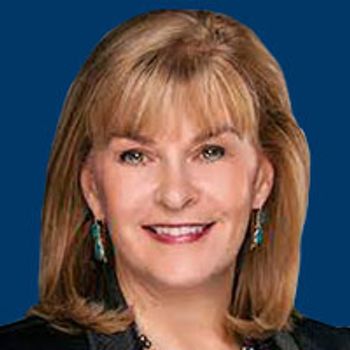
CAR T-cell therapy has proven to be an effective treatment option in non-Hodgkin lymphoma subtypes, such as diffuse large B-cell lymphoma, and mantle cell lymphoma.

Dr. Moreau discusses the FDA approval of isatuximab-irfc plus carfilzomib and dexamethasone in relapsed/refractory multiple myeloma, key findings from the pivotal IKEMA trial, and future directions with the combination.

Dr. Weber discusses exciting research presented during the 2021 ASCO Annual Meeting in melanoma with combination and single-agent checkpoint inhibitors, tumor-infiltrating lymphocyte therapy, and more.
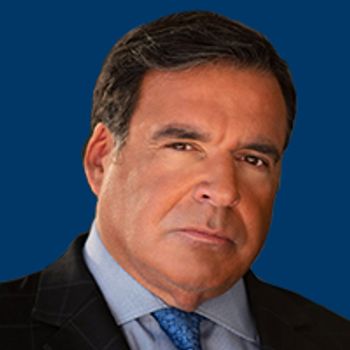
The combination of a CF33-CD19 oncolytic virus technology and CyCART-19, is under development for use as a potential therapeutic option for patients with solid tumors.

Chevon M. Rariy, MD, discusses how the implementation of telehealth during the COVID-19 pandemic shed light on the need for increased access to care for patients with cancer, as well as the potential benefits in-home infusions could offer to patients receiving chemotherapy.

Dr. George and Dr. Hurley discuss the data generated from their study on the correlation between deleterious variants in genes and the development of hereditary breast and ovarian cancers in populations throughout the Caribbean.

Dr Mahtani and colleagues highlight key clinical trials such as DESTINY-Breast01, HER2CLIMB, NALA, and SOPHIA in the setting of advanced HER2-positive breast cancer and discuss the practical considerations of these data.

In the second segment, Dr Mahtani and colleagues discuss data from select clinical trials in the neoadjuvant and adjuvant settings for patients with HER2-positive breast cancer.

In the first segment, Dr Mahtani and colleagues outline challenges and remaining unmet needs in the management of patients with HER2-positive breast cancer.

Drs Brown and Husain discuss the current and future applications of next-generation sequencing in lung cancer, the role of tissue-based testing in light of the growing role for liquid-based testing, and some of the emerging technologies that could overcome current barriers to biomarker testing.

Dr. Tagawa discusses the FDA approval of sacituzumab govitecan in urothelial cancer, key efficacy and safety data from the pivotal TROPHY-U-01 trial, and expectations for the confirmatory TROPiCS-04 trial.

Dr. Jabbour discusses the optimal use of ponatinib in chronic myeloid leukemia and data from the 2021 ASCO Annual Meeting with the combination of blinatumomab and ponatinib in Ph-positive acute lymphoblastic leukemia.

Cellular medicine could represent the next frontier in the treatment of patients with cancer and many other diseases with a high unmet need.

Dr. Mayer discusses the mechanism of action of SERDs in ER-positive breast cancer, highlighted data from the AMEERA-1 trial with amcenestrant and palbociclib, and details future research efforts with SERDs.

Dr. Wainberg discusses factors that help steer treatment selection in HER2-positive gastrointestinal malignancies, advances on the horizon, and more.

Dr. Rariy, Ms. Brown, and Ms. Greenman discuss how the COVID-19 pandemic has led to a significant delay in cancer diagnoses, impacted the training of oncologists, and revolutionized telehealth.

Dr. O’Malley discusses key findings from 6 trials that were presented at the virtual 2021 SGO Annual Meeting on Women’s Cancer.

Dr. Sherman discusses the incidence of RET fusions in medullary thyroid cancer and the current clinical landscape of RET inhibitors in the field.

Dr. Lee-Kim discusses her path into treating pediatric patients with cancer, key lessons that can be learned during fellowship, and tips on managing finances and burnout during a pediatric oncology fellowship program.